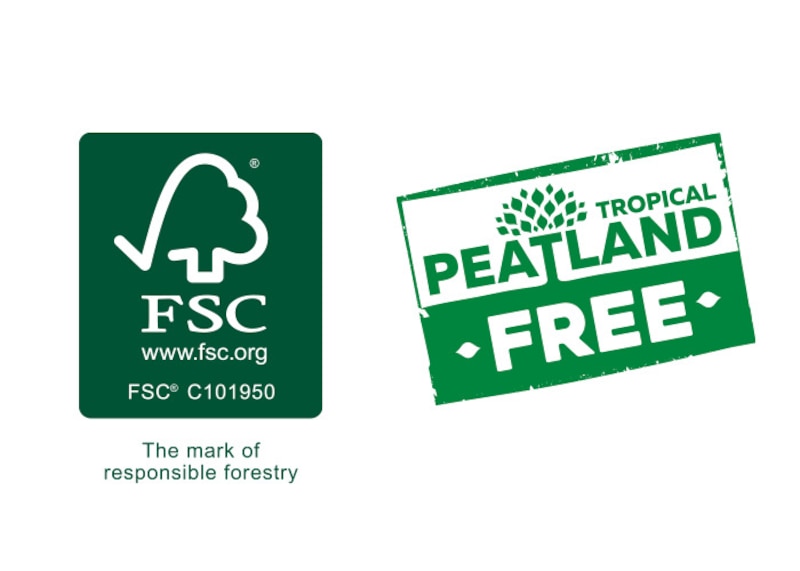
Ethical sourcing
The SDGs recognise that ending poverty must go hand-in-hand with strategies that build economic growth. Meeting these goals will not be possible without the active engagement of the private sector. Ensuring materials are sourced responsibly and human rights are respected are the first steps to ending poverty. Taking action to respect human rights and prevent modern slavery.

Responsible sourcing
Tissue products are made of at least 90% wood fibre and forestry is recognised as a high-risk category for modern slavery and forced labour. We developed our Responsible Sourcing Program and launched it in 2014. Since then we have been working with Sedex to increasingly assess and onboard suppliers. In 2019 we launched our Ethical Sourcing Policy, which includes an exploitation-free commitment. 75% of Tork tissue products are locally manufactured in Australia or New Zealand – both are low-risk countries for modern slavery.
Responsible forestry
FSC certification also ensures respect for human rights within forestry including labour rights and reasonable living wages at all levels. Our products certified to FSC-C101950 are assured to be free from any direct or indirect involvement in activities that violate traditional and human rights in forestry operations, as required by the International Labour Organization (ILO) Convention 1695.
Our NDPE commitment helps protect communities from the significant health risks associated with Tropical Peatland fires. Tropical peatlands are being drained and destroyed for forestry, palm oil, roadways and mining. The plantations on the drained peatlands are extremely vulnerable to fire.
These drained peatland fires generally burn much longer and emit larger volumes of toxic smoke and haze that causes major health risks to local populations. A Harvard Study6 estimated the resultant smoke and particulates from the 2015 fires, was responsible for the premature deaths of 100,000 people. While the United Nations warned that the Indonesian forest fires of 2019 put nearly ten million children at risk due to air pollution.
